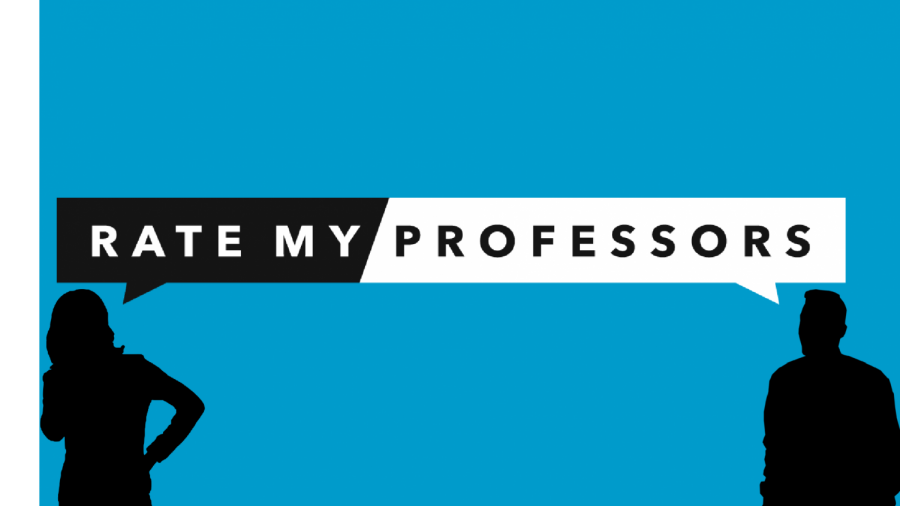When the time for course selection begins, students often turn to their most reliable platform: Rate My Professors. However, are these anonymous reviews really trustworthy, or just an expression of students’ frustrations? The McGill Tribune decided to find out.
Rate My Professors allows the user to search for professors that will be teaching the courses they are interested in and lets them read anonymous reviews from previous students. This site is especially helpful to first-year students, who have only recently set out on their McGill journey. Charlotte Livingston, U0 Science, reflected on how the site helped her choose her courses for the winter semester in an interview with the Tribune.
“Among STEM courses, there are multiple professors who will teach a class and have a certain reputation for being really good, so of course, I wanted to be in their class,” said Livingston.
Livingston believes this platform is effective and uses it as a guiding point to choosing her courses for the upcoming semester. Many students have been using this site in a similar manner for years because it allows them to learn about the aspects of a course that are not found in the course description, such as evaluations or structure.
Another way students have been making the most of this platform is by leaving reviews and ratings. Students are often motivated to leave reviews discussing the way a professor teaches, the difficulty of course content, or even the grading scheme.
However, Rate My Professors is unlikely to fade away any time soon. It can be useful for many students, but small reviews often do not represent what the entire class may experience.
Jessica Kay Flake, an assistant professor at McGill’s Department of Psychology, says that “There are two types of students who use Rate My Professors: Students who love their course or students who hate their course.”
Flake’s research involves improving measurement practices in psychology. She believes that Rate My Professors would be more helpful if more students used it because more reviews and ratings can bring validity to the platform. She does not think, however, that a small number of reviews for a professor that has taught hundreds or thousands of students would be accurate.
“If there aren’t many ratings, then that extreme information probably isn’t representative of the entire class,” said Flake.
As it turns out, many students do, in fact, leave reviews either due to their satisfaction or frustration with the course.
“I really enjoyed [a] professor’s class and found them really interesting, so I wanted other students to take his class and share the similar sentiments I have,” Mia Bhatia U1 Arts and Science, said in an interview with the Tribune.
Rate My Professors not only gives students an opportunity to share any opinions they have on a professor, but to evaluate the instructor’s abilities and provide them with tags such as “inspirational” and “caring,” or even “stodgy.”
University professors can also check the ratings and reviews that students have left for them. However, this does not necessarily impact the way a professor will choose to teach going forward.
Daniel Douek, faculty lecturer at McGill’s political science department, said that he prefers to focus more on course evaluations than Rate My Professors.
“I systematically avoid Rate My Professors,” Douek said. “The course evaluations, I pay a lot of attention to and I have adjusted my teaching based on feedback I received in various instances.”
The course evaluations that are available through McGill’s Mercury platform near the end of a semester give students an opportunity to share their thoughts about the course content and style of instruction. Douek believes this is a better alternative and allows professors to reflect on their teaching methods.
“Maybe it’s useful when taken together with other considerations,” Douek said. “I imagine it could be useful, but at the same time it would probably be a mistake to rely upon it exclusively.”








Pingback: Tribune Explains: Course Evaluations - The McGill Tribune